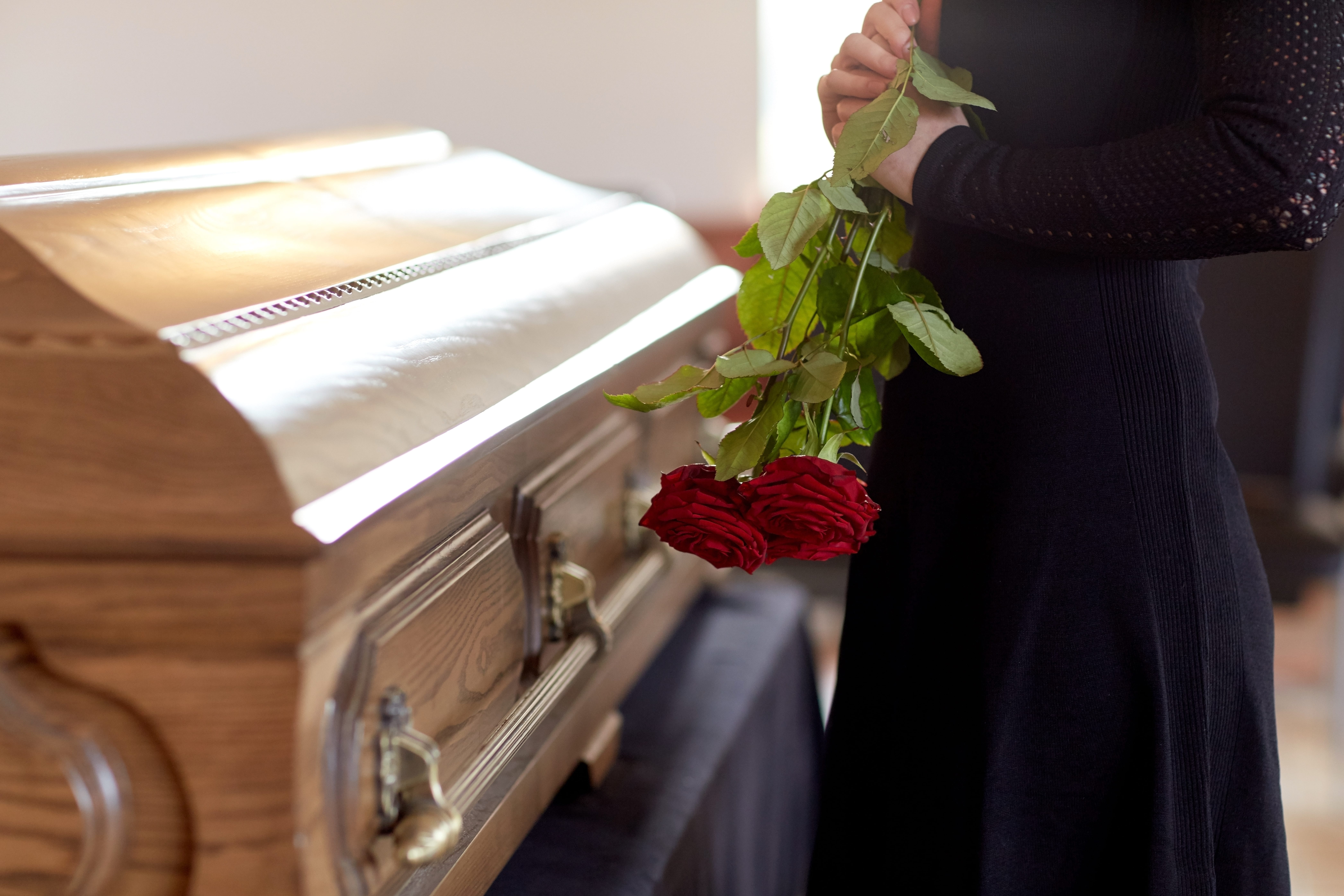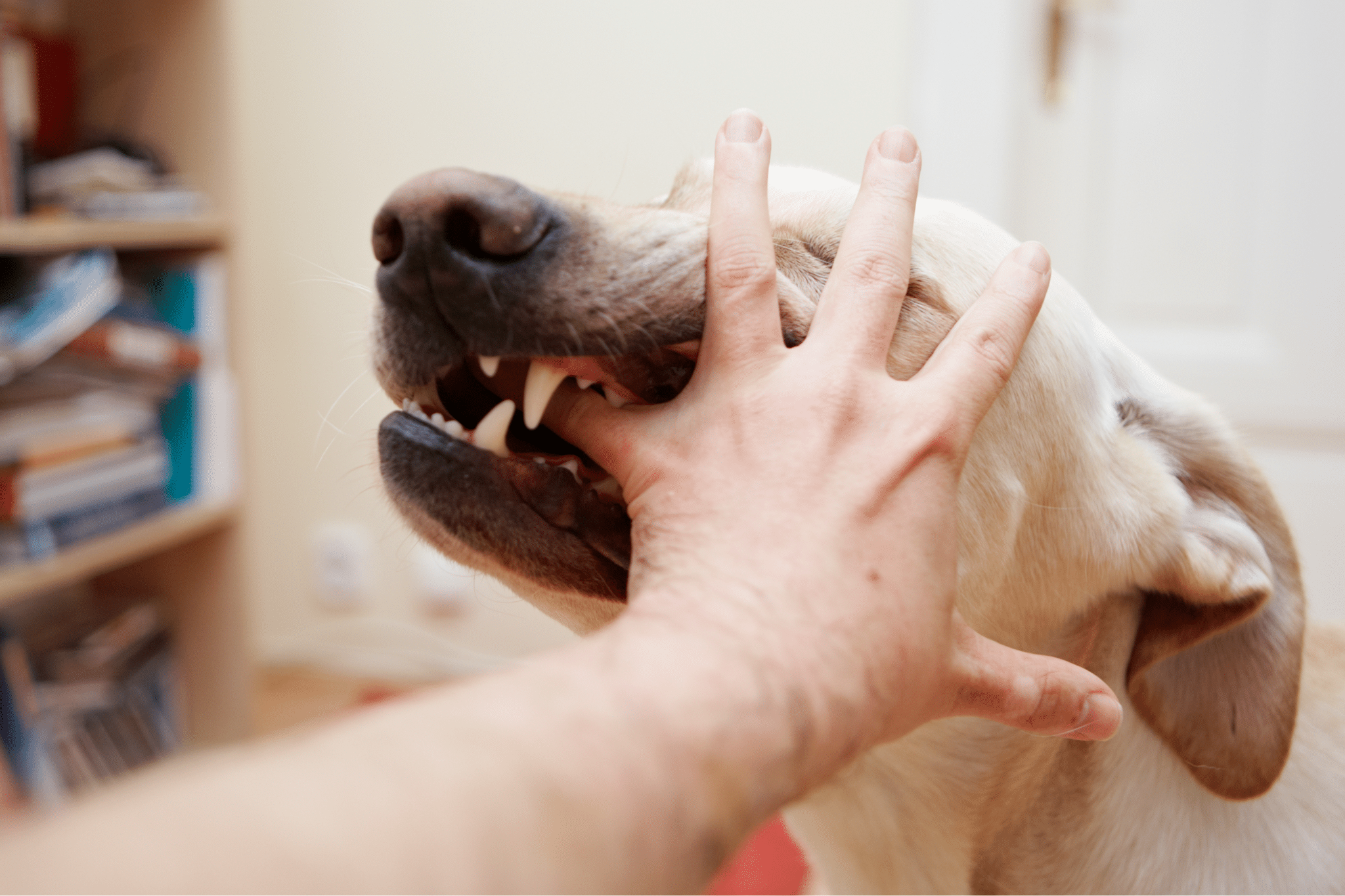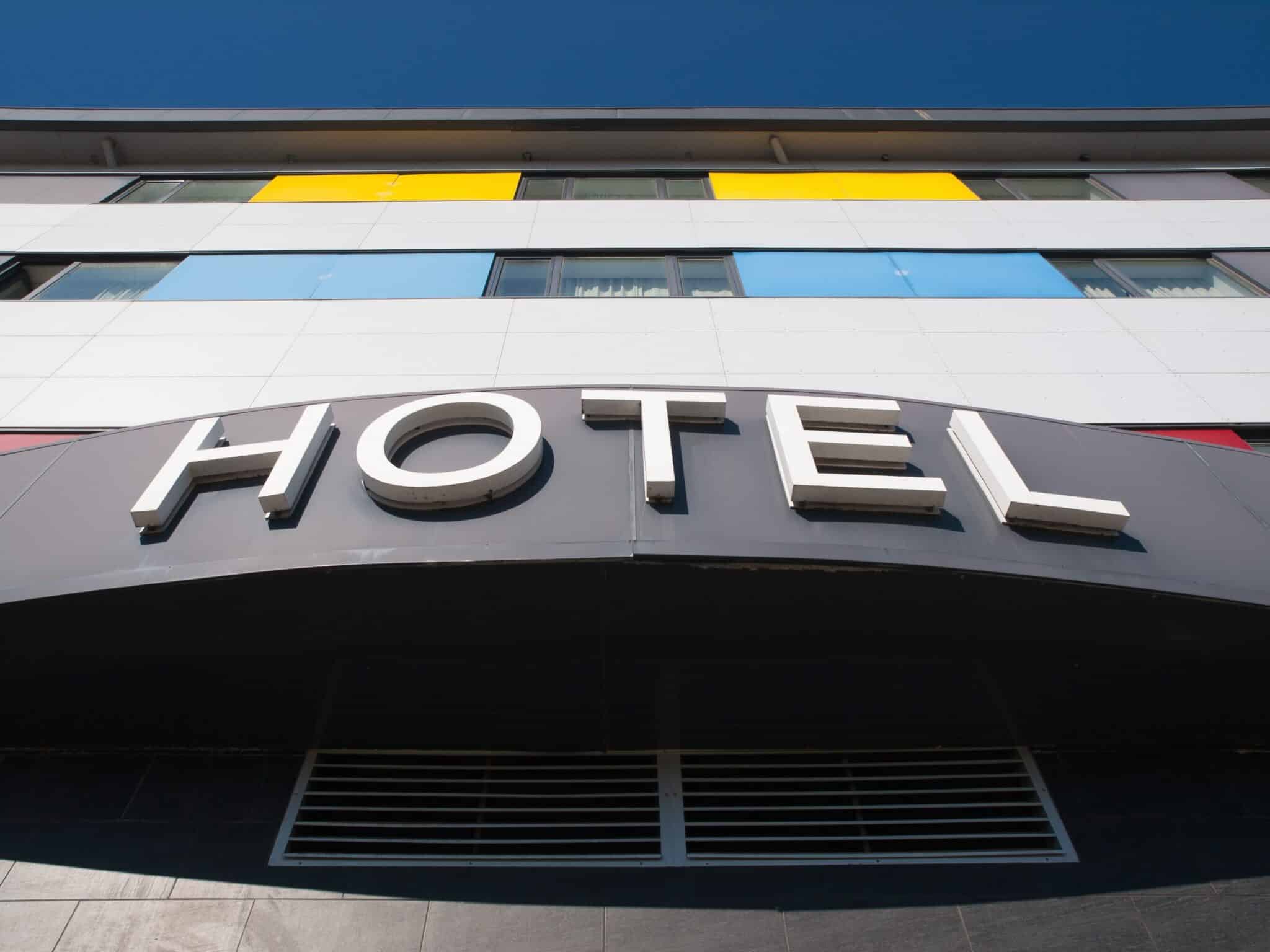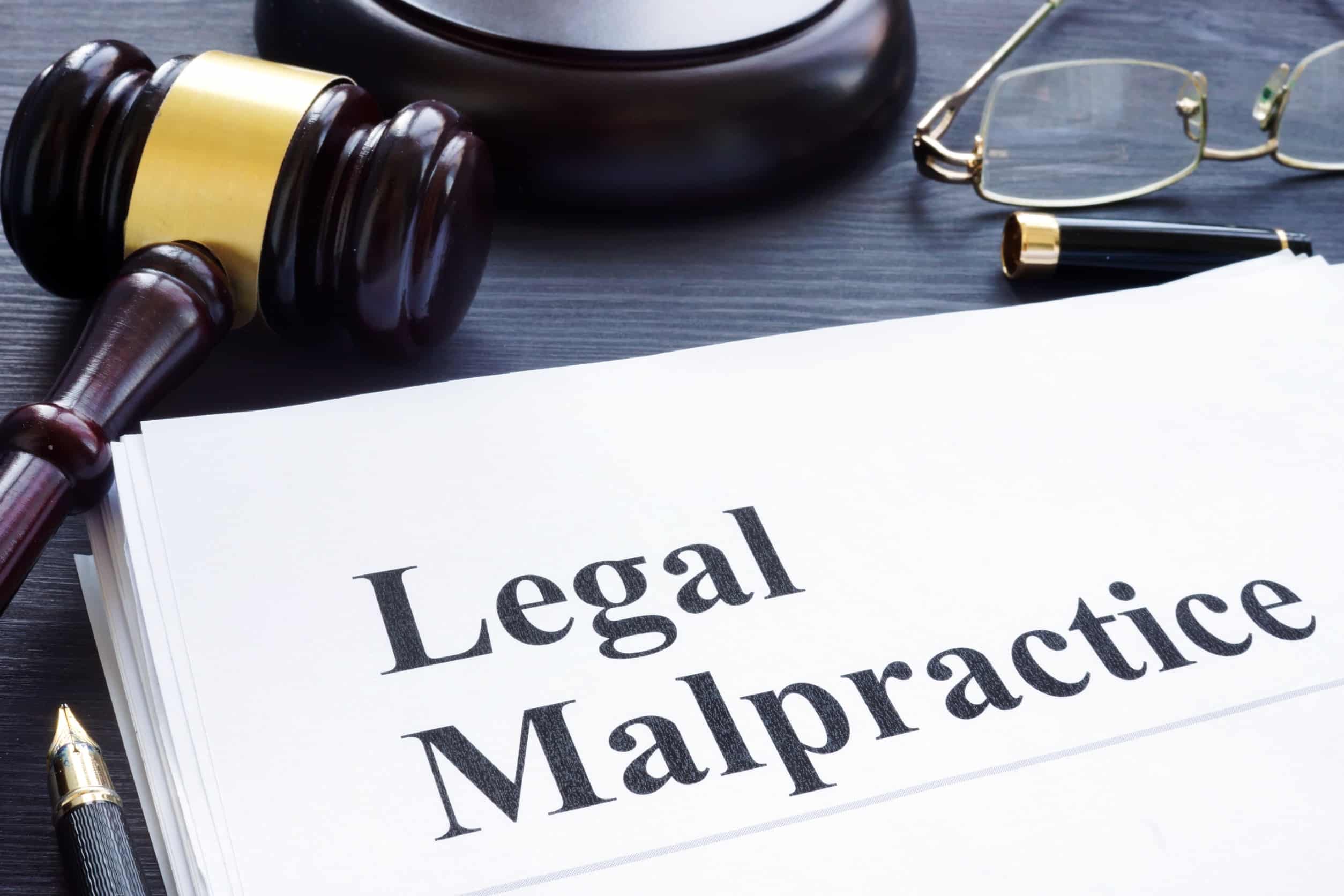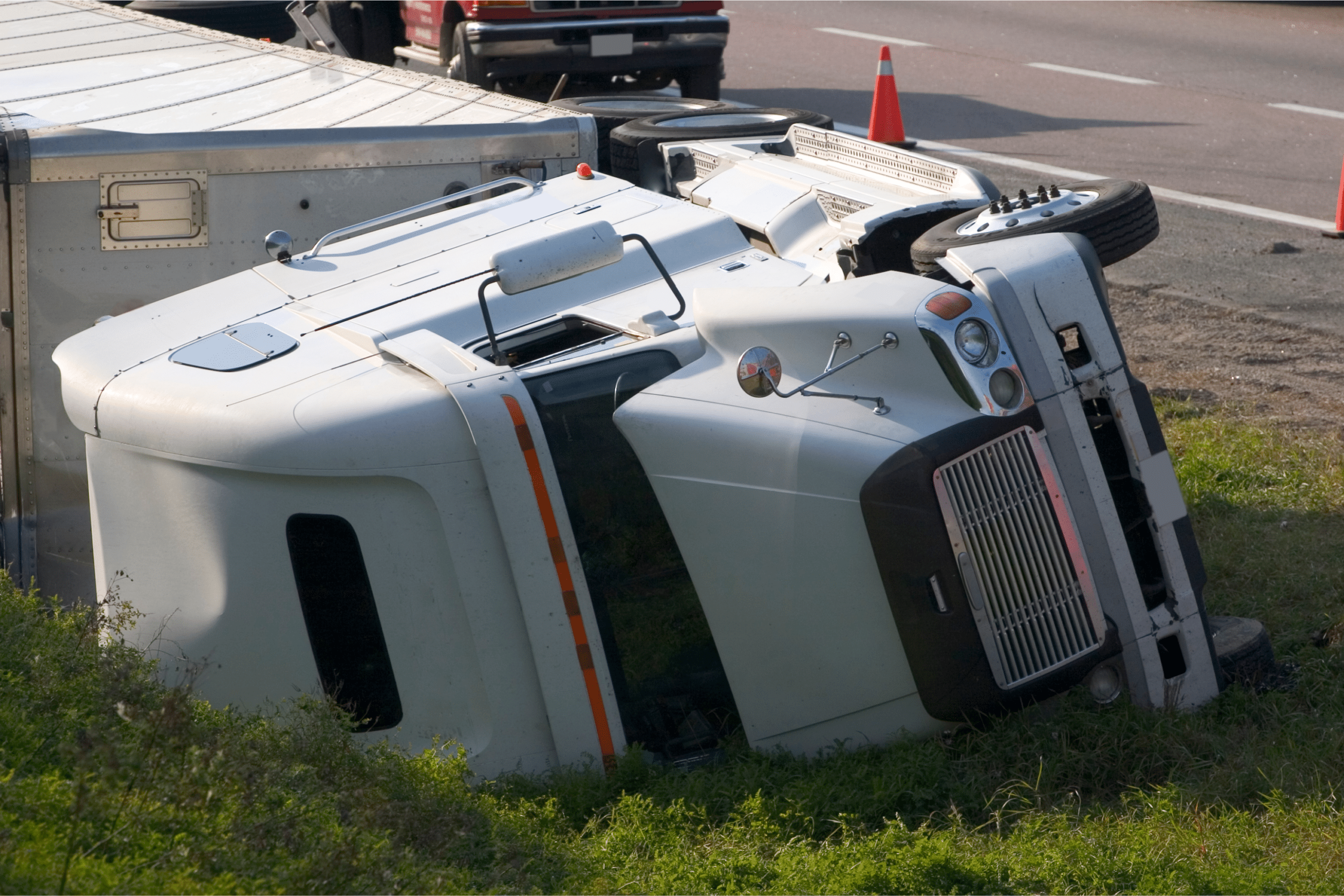When a loved one passes away, you expect the funeral and burial proceedings to go smoothly. If there are problems, it can be incredibly frustrating. Funeral home mistakes and negligence are even more devastating due to the emotional distress that everyone involved is going through during the grieving process.
Unfortunately, mix-ups do happen, but if those issues are due to negligence, the people who are responsible for these mix-ups can be held accountable. If you or a loved one have recently suffered due to funeral home or mortuary negligence, it’s time to get on the phone with a lawyer.
Not sure if your situation qualifies? Let’s look at some examples.
Examples of Florida Funeral Home Negligence
Funeral homes are typically dealing with more than one client at a time. Because of this, mix-ups and mistakes can happen. Some of the most common types of funeral home negligence include:
- Preparing the wrong body for the viewing
- Incorrectly preparing the body for the viewing
- Cremating a body that was supposed to be prepared for a viewing
- Burying the body in the wrong plot
- Losing ashes after cremation
Accidents Do Happen, But So Do Intentional Mistakes
Negligence is upsetting, but intentional mistakes and damage also occurs. If a body part has been removed or there are other issues with the body, it may not be an accident. There have been cases of funeral homes harvesting organs and body parts and selling them for a profit.
The federal government has specific rules for funeral homes that outline how directors should talk about pricing and services. A funeral home director who tells customers that embalming the body is required, for example, is breaking federal law. Every customer has the right to refuse embalming.
Florida also has a board that regulates funeral homes. The Board of Funeral, Cemetery, and Consumer Services gives licenses to employees and funeral homes. They also have resources and alerts available online for customers who may need assistance.
Other examples of intentional damage include:
- Overcharging for funeral home services
- Failing to provide the services included in your package
- Putting multiple bodies in the same casket
- Burying multiple bodies in the same plot
- Giving the body to an unlicensed employee
In some cases, you may be able to pursue charges in addition to a personal injury claim for intentional damage or criminal activity.
What to Do If You Are the Victim of Funeral Home Negligence
In some cases, funeral home negligence can come with a big bill. In other cases, your loved ones may have a really rough day preparing for or enduring the funeral due to issues caused by the funeral home.
Emotional distress due to funeral home negligence is costly. It is possible to file a claim and pursue reparations from the business or party that caused this negligence. Like most negligence cases, you will have to prepare a case that shows:
- The funeral home had a duty to you and your family. This could be proven with contracts and payment slips. The defendant’s duty will also be dictated by federal and state regulations.
- The funeral home breached its duty through negligence or intentional actions.
- The breach directly caused emotional distress or other damages.
- The damages directly caused financial loss.
Victims pursuing a funeral home negligence claim will need to conduct a fair bit of research and collect many documents to help prove their case and get the compensation needed to recover. Reach out to a personal injury lawyer to learn more about your options for pursuing a funeral home negligence case.
About the Author:
Andrew Winston is a partner at the personal injury law firm of Winston Law. For over 20 years, he has successfully represented countless people in all kinds of personal injury cases, with a particular focus on child injury, legal malpractice, and premises liability. He has been recognized for excellence in the representation of injured clients by admission to the Million Dollar Advocates Forum, is AV Preeminent Rated by the Martindale-Hubbell Law Directory, enjoys a 10.0 rating by AVVO as a Top Personal Injury Attorney, has been selected as a Florida “SuperLawyer” from 2011-2017 – an honor reserved for the top 5% of lawyers in the state – and was voted to Florida Trend’s ”Legal Elite” and as one of the Top 100 Lawyers in Florida and one of the Top 100 Lawyers in the Miami area for 2015, 2016, and 2017.
 Florida Vacation Accidents: What to Watch for and What to Do
Florida Vacation Accidents: What to Watch for and What to Do 